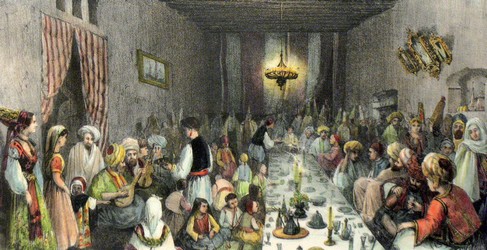
Like other North African Jewish countries, Jewish communities have existed in Algeria for over 2,000 years since the destruction of the First Temple. This original population assimilated with the local Berber/Amazigh population and mixed with the mass of Spanish Jews that arrived in the area after the Spanish Inquisition in 1492. Jews became prosperous merchants and established communities in the port cities.
The traditional languages of Algerian Jews include Judeo-Arabic, Judeo-Berber, and French, with many now speaking Hebrew because they live in Israel. However, most Algerian Jews live in France.
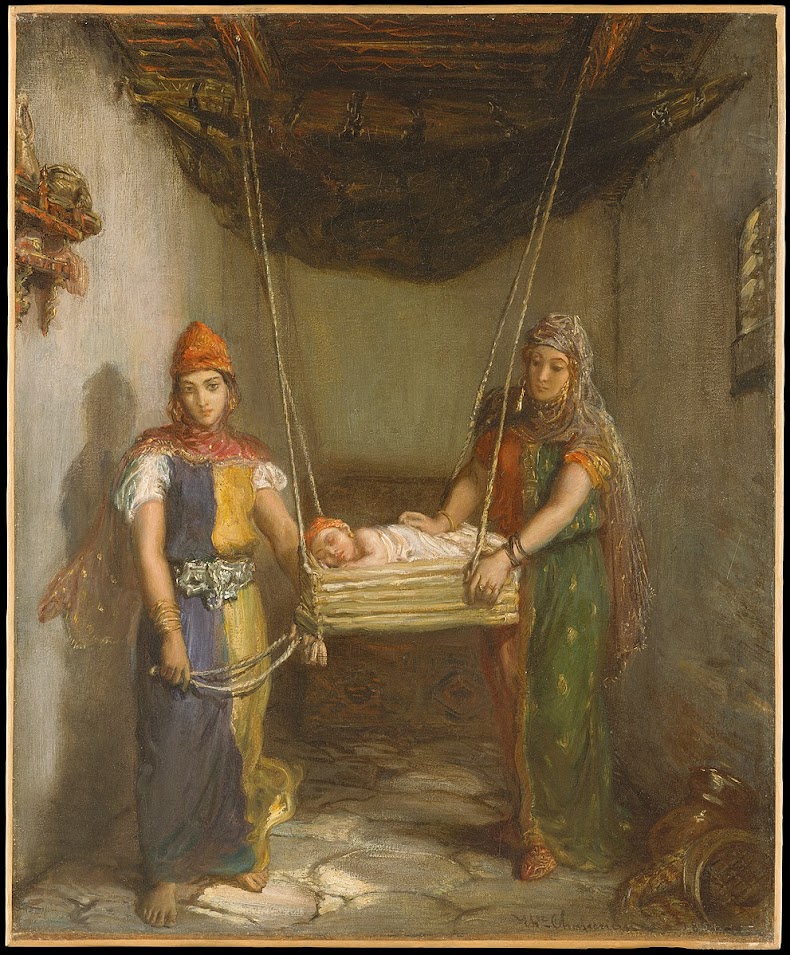
From the Arab invasion of North Africa to the rule of the Ottoman Empire, Jews were treated as dhimmis. Conditions for Algerian Jews didn’t improve until the region came under French control. The new government assigned French rabbis in regional leadership roles, who were told to teach allegiance to the French. Jews also began to adopt French customs during this time. Finally, in 1870, Algerian Jews were granted full French citizenship.
Later, conditions worsened again for Jews in Algeria. In the 1930s, Arab rioters inspired by Nazi propaganda attacked local Jewish communities, killing 25 and injuring many more. After the French surrendered to the Nazis, the Vichy French took over Algeria. The puppet government overturned the law from the 1870s that gave Jews full citizenship and instituted antisemitic laws modeled after those in Nazi Germany.
After the war ended, Algeria eventually declared independence, and the new sovereign government regarded the Jewish population very poorly. From 1948 to the present day, Algeria’s Jewish population decreased from 140,000 to 200. After Algerian independence in 1962, most Jews moved to France, while approximately 20,000 chose to immigrate to Israel instead.
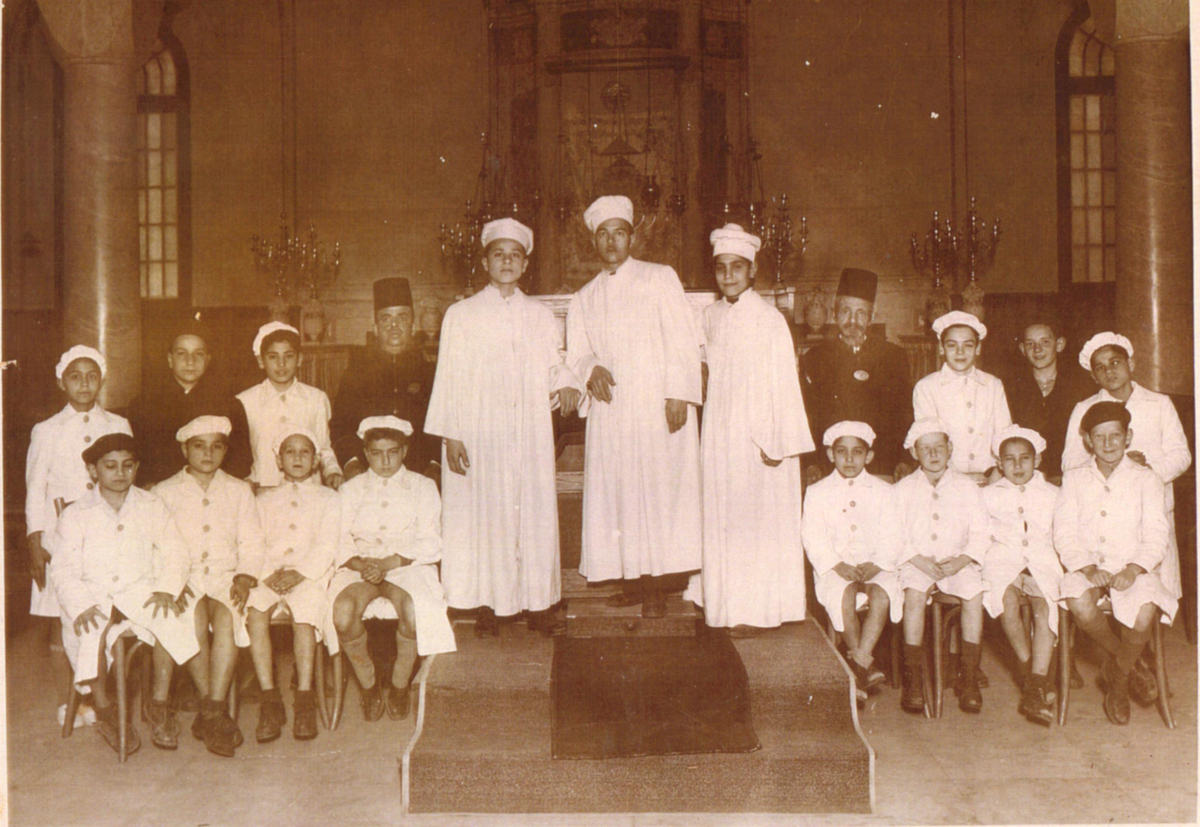
On Sept. 13, 2021, Israeli Prime Minister Naftali Bennett met with Egyptian President Abdel Fattah
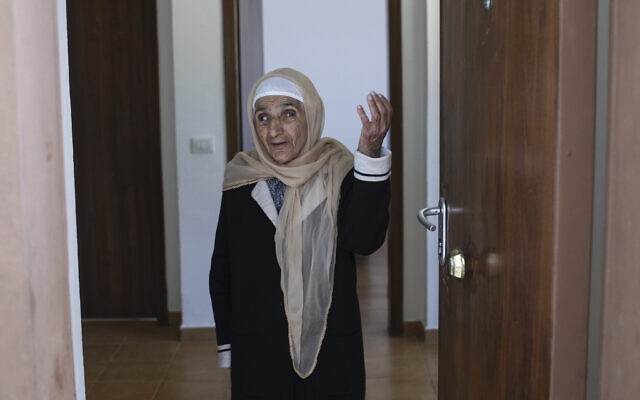
AP — For years, Zebulon Simentov branded himself as the “last Jew of Afghanistan,” the
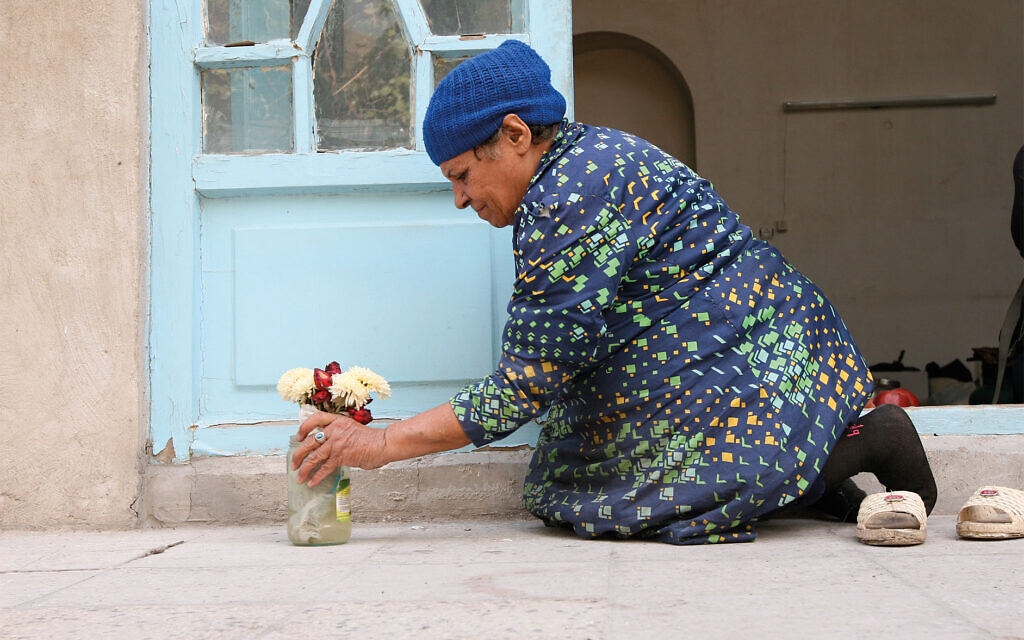
JTA — Jewish prayer in a mosque. Hookah smoke in a kosher kitchen. Hebrew school
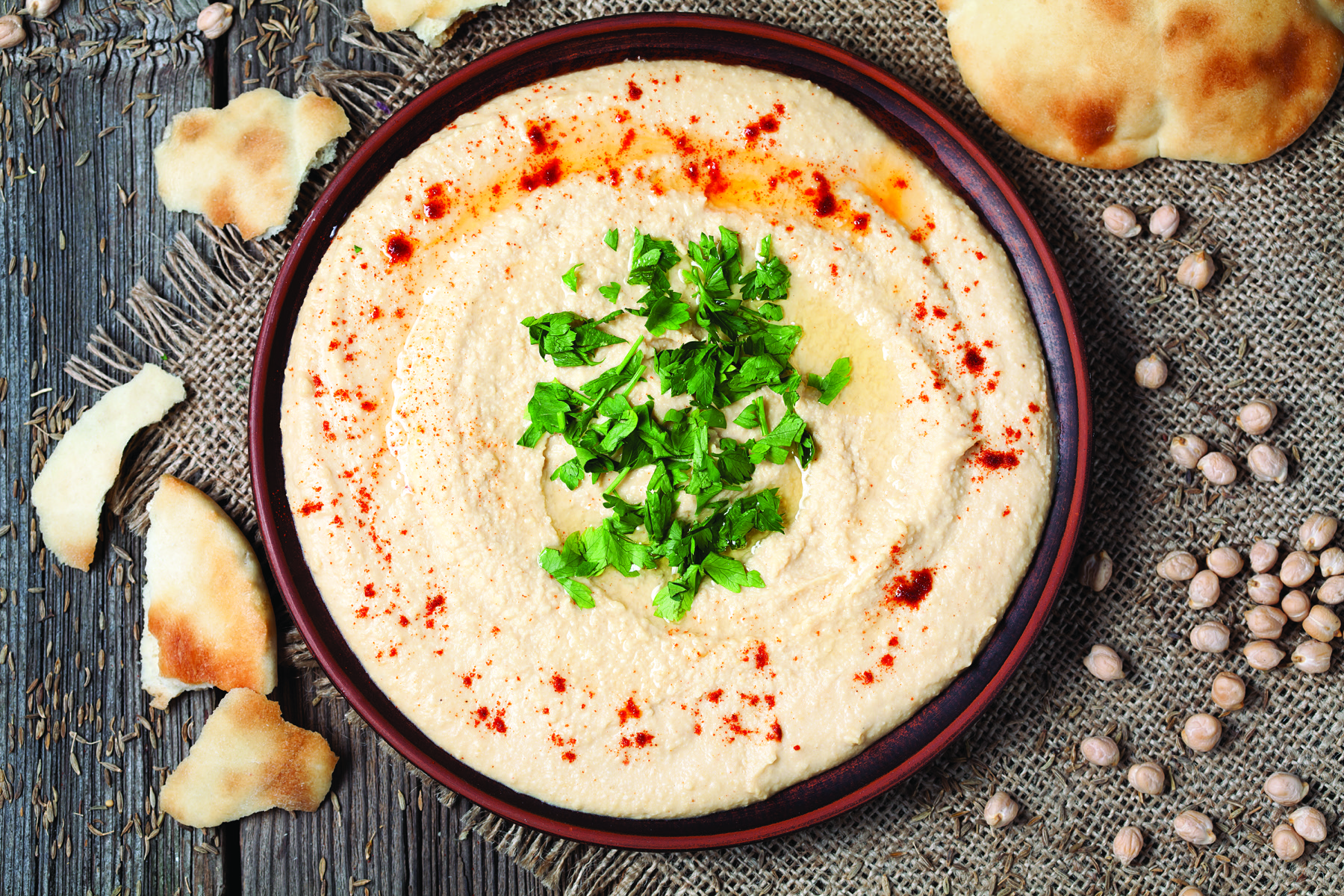
Every Friday, my mother and her 11 brothers and sisters have lunch at my grandmother
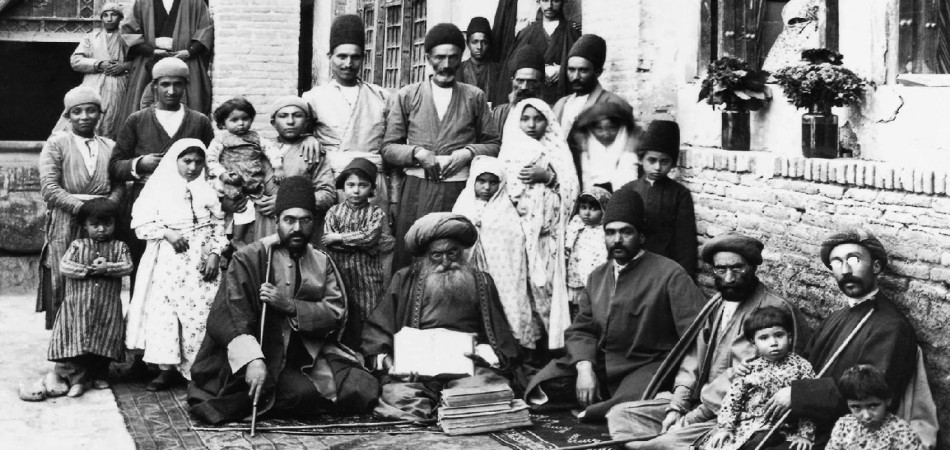
When I think about Israeli culture, I think of startups, I think of gorgeous museums
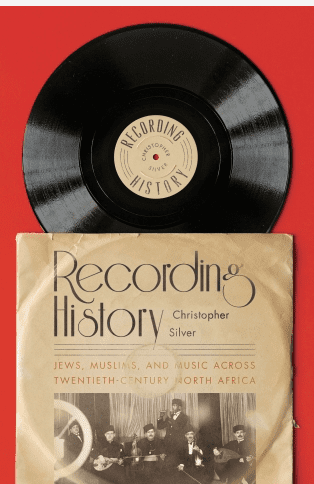
Music remembers much of what history has forgotten, says Canadian assistant Professor of Jewish